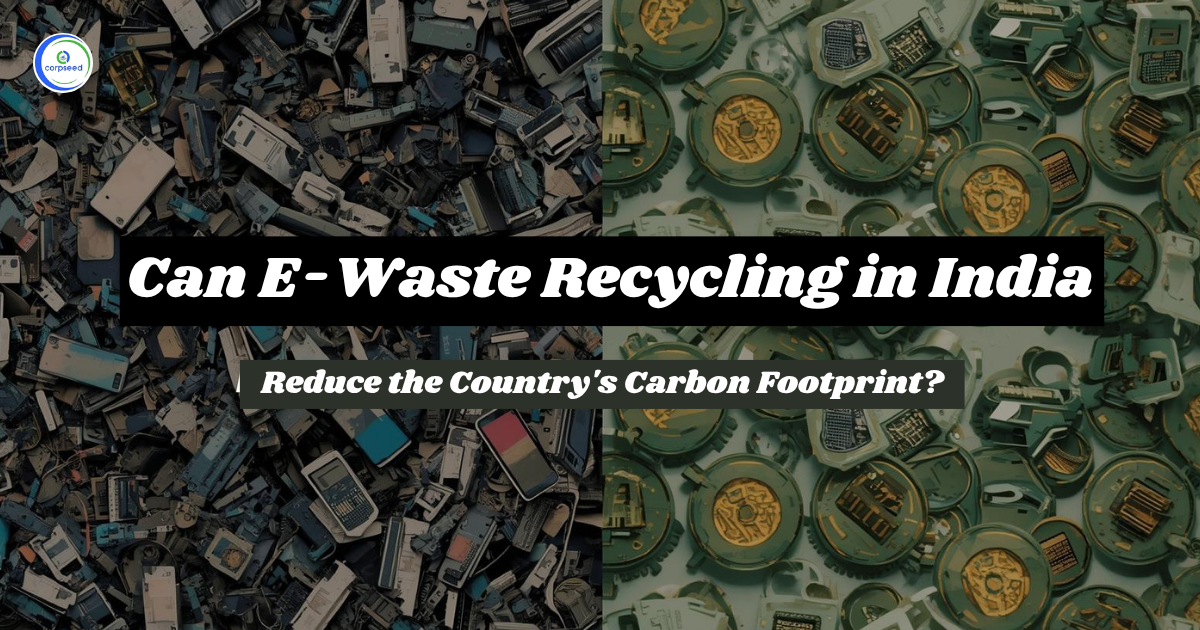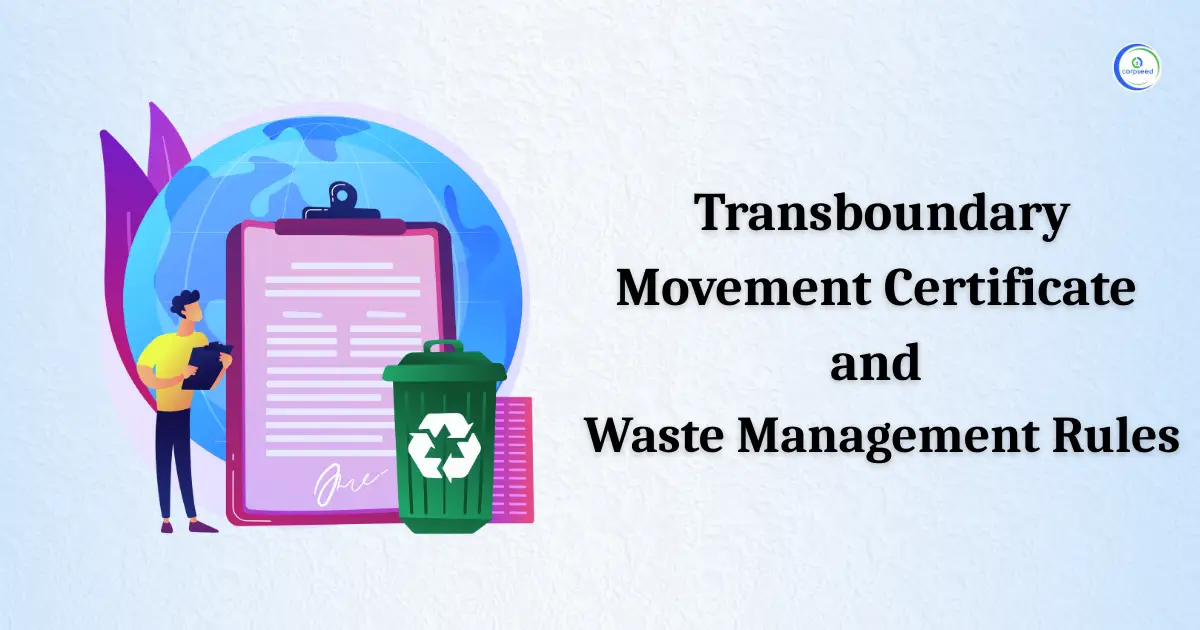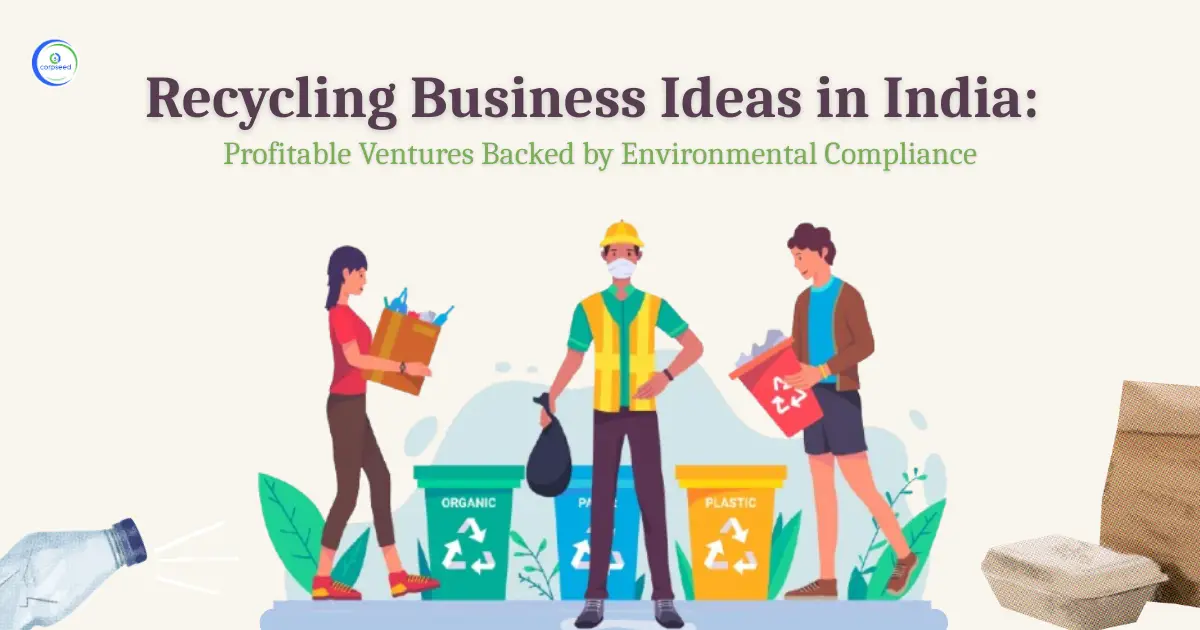Introduction
The recycling industry for construction waste is essential to sustainable development since it reduces environmental effects and increases resource efficiency. Reclaiming and reusing materials produced during building, demolition, and renovation operations is the main emphasis of this industry. Among the items that are frequently recycled are metals, asphalt, wood, and concrete.
Table of Contents
--------------Blog Contact Form-------------
In this industry, cutting-edge technology is used in specialized facilities to collect, process, and turn construction waste into useful resources. Metals and wood can be salvaged for a variety of uses, but concrete and asphalt cannot be broken and used again as aggregates. Recycling contributes to a circular economy by lowering the amount of garbage dumped in landfills and reducing the need for new materials.
Enterprises operating in the construction waste recycling industry must cooperate with construction firms, local governments, and regulatory agencies to guarantee a consistent flow of resources and adherence to ecological guidelines. Furthermore, the success of this sustainable business depends on educating the construction industry about the advantages of recycling. This industry offers a potential path for eco-aware business owners looking to reap both financial and environmental rewards as the world's attention towards sustainable practices grows.
Construction Waste: Effects
Waste from construction projects has a significant and wide-ranging impact on the environment, public health, and resource use. Poor construction waste management causes pollution of the air, water, and land, which is a serious threat to the ecosystem. Construction waste landfills discharge dangerous chemicals and leachates into the earth, which can contaminate groundwater and hurt nearby ecosystems.
Moreover, organic materials in landfills decompose and release greenhouse gases, which is another way that building waste produces emissions. These emissions exacerbate global environmental problems by accelerating climate change.
Locally, building debris can lead to deterioration of the air quality, noise pollution, and aesthetic blight. The health of surrounding people and workers can be adversely affected by dust and particulate matter released into the air by poorly managed construction sites.
Construction waste disposal is a wasteful and unsustainable technique in terms of resource usage. Important resources are not recycled and repurposed; instead, they are thrown away, including metals, concrete, and wood. This leads to the depletion of natural resources as well as an increase in the need for energy-intensive production methods involving raw materials.
It is becoming increasingly important to implement construction waste management techniques that put recycling, reuse, and responsible disposal first to lessen these effects. In addition to safeguarding the environment and public health, sustainable waste management also helps to conserve resources and advance a circular economy.
Construction Waste Recycling Business: Benefits
The construction waste recycling industry provides a range of advantages that support community well-being, economic efficiency, and environmental sustainability. Firstly, it lessens the amount of waste that is dumped in landfills, which lessens the environmental effect of waste disposal. The construction sector helps save valuable landfill space and reduces the release of hazardous materials into the soil and water by redirecting waste from landfills.
Second, by offering an alternative to obtaining and processing raw materials, recycling building debris helps to protect natural resources. By doing this, the carbon footprint left by conventional extraction methods is reduced, energy use is reduced, and ecosystems are preserved.
Economically speaking, the recycling sector creates jobs since it needs trained personnel to handle, process, and classify recycled materials. The resale of processed materials and waste management services presents attractive opportunities for entrepreneurs engaged in the recycling of construction waste.
Additionally, recycling waste from construction projects promotes a circular economy, encouraging the wise use of resources and lowering the demand for ongoing extraction. Benefits to the community include better air quality, cleaner surroundings, and a more favorable public image of sustainable company practices. Keeping everything in mind, this industry is a major force behind the advancement of resource conservation, economic viability, and environmental stewardship.
Read Our Blog: How to Start a Construction Company
Procedure to Recycle Construction Waste
Several crucial procedures must be followed to effectively recover and reuse materials from construction waste while reducing its negative effects on the environment.
- Collection and Segregation
Start by gathering construction trash on the job site and classifying it according to materials, including wood, metal, plastic, and concrete. This first step is essential to successful recycling.
- Transportation to the Recycling Facility
Take the separated rubbish to a recycling center that has the tools and equipment needed to separate and process different kinds of materials.
- Sorting and Processing
The materials at the recycling facility are sorted and processed using cutting-edge machinery like shredders, crushers, and screening apparatus. Wood can be ground or chipped, metals can be extracted, and concrete and asphalt can be crushed into aggregates.
- Quality Control
To guarantee that recycled materials fulfill industry standards and can be utilized safely in new construction projects put quality control methods in place.
- Market Distribution
The recycled materials are prepared for delivery to builders, contractors, or other end users so they can be used in their projects after being processed and quality-inspected.
- Documentation and Reporting
Keep thorough records of the recycling procedure, including the kinds and amount of recycled materials. It is essential to abide by environmental norms and laws.
- Education and Outreach
Encourage the widespread adoption of sustainable practices by educating and informing those involved in the construction industry about the advantages of recycling construction waste and the availability of recycled materials.
Construction Waste Recycling Business: A Haven for the Environment
The construction waste recycling industry provides a sustainable substitute for conventional trash disposal methods, so acting as an oasis for the environment. The decrease in landfill utilization is one of its main advantages. This industry helps minimize soil and groundwater contamination while protecting precious land resources by diverting building debris from landfills.
Furthermore, recycling waste from construction projects reduces the environmental damage caused by the extraction and processing of raw resources. By encouraging resource conservation, cutting energy use, and lowering carbon emissions, the practice helps to mitigate the effects of climate change.
In addition, environmental safety is considered throughout the recycling process. Modern facilities use technology to make sure that materials are handled, sorted, and processed safely. As a result, less toxic materials are released into the air and water, resulting in a regulated and environmentally beneficial environment.
The construction waste recycling industry contributes to the circular economy by encouraging resource sustainability and minimizing the environmental impact of building projects. Through the recycling of materials such as metals, wood, and concrete, this sector helps to promote a more responsible and effective use of resources.
Essentially, this industry is a shining example of environmental stewardship, protecting the environment by reducing waste, preserving resources, and promoting environment-friendly practices in the construction sector.
Conclusion
Conclusively, the construction waste recycling industry is an essential component of sustainability, providing a comprehensive approach to addressing the environmental issues raised by the construction sector. This industry promotes a safer environment by minimizing the dangers of contamination and lessening the load on ecosystems by diverting trash from landfills. The recycling process itself assures responsible material handling and helps to create cleaner air, water, and soil through the use of cutting-edge technologies and strict quality control methods.
From an economic standpoint, the company creates jobs and encourages resource conservation because recycled materials are now valued building materials. Additionally, by lessening the impact of extraction on the environment and relying less on finite resources, the recycling industry supports the ideas of a circular economy.
This industry is a shining example of creativity and accountability in the construction industry as environmental issues gain worldwide attention. It not only solves the pressing demand for waste reduction but also establishes a standard for sustainable behaviors, demonstrating the peaceful coexistence of environmental stewardship with economic development. To put it simply, it helps to create a more sustainable and resilient future while also making a positive impact on the environment.
This portion of the site is for informational purposes only. The content is not legal advice. The statements and opinions are the expression of author, not corpseed, and have not been evaluated by corpseed for accuracy, completeness, or changes in the law.
BOOK A FREE CONSULTATION
Get help from an experienced legal adviser. Schedule your consultation at a time that works for you and it's absolutely FREE.








.webp)
